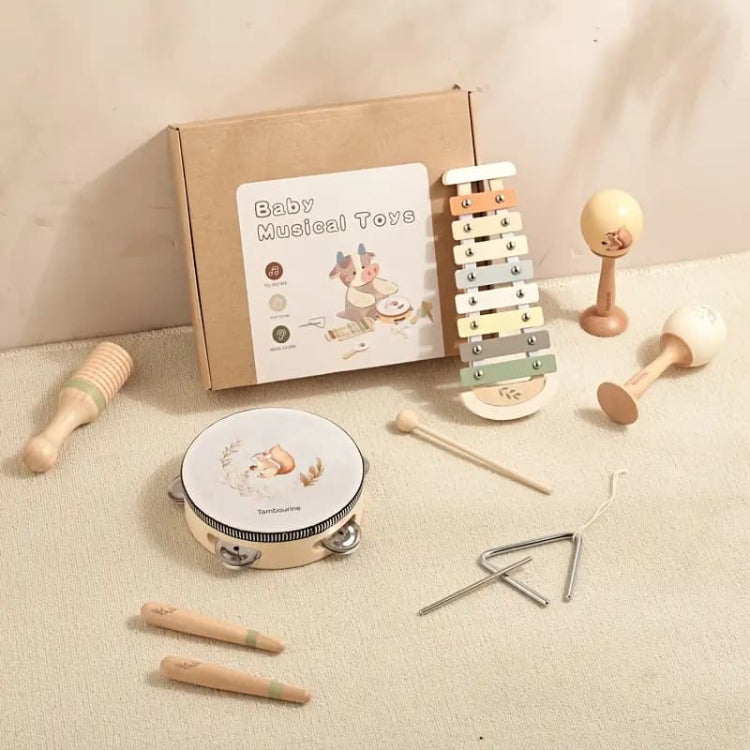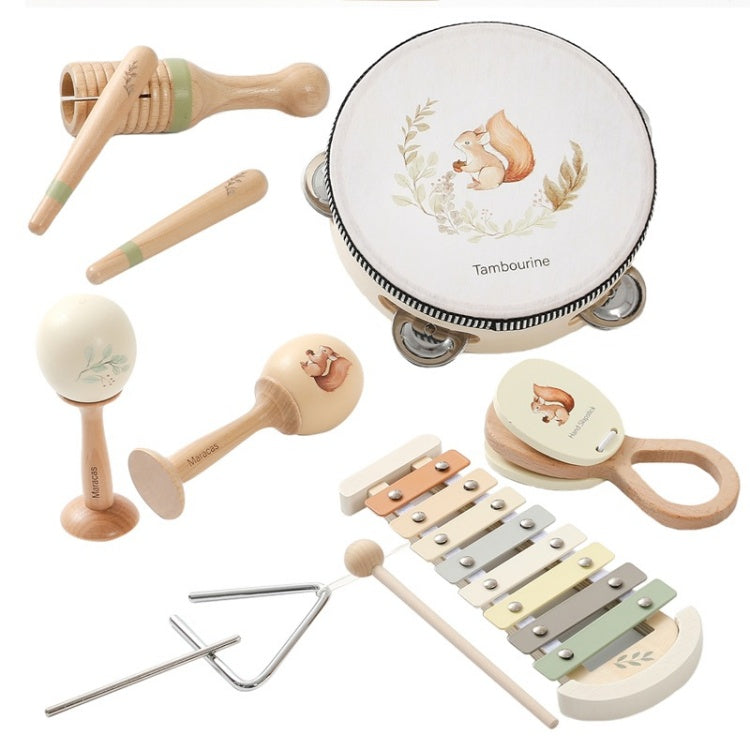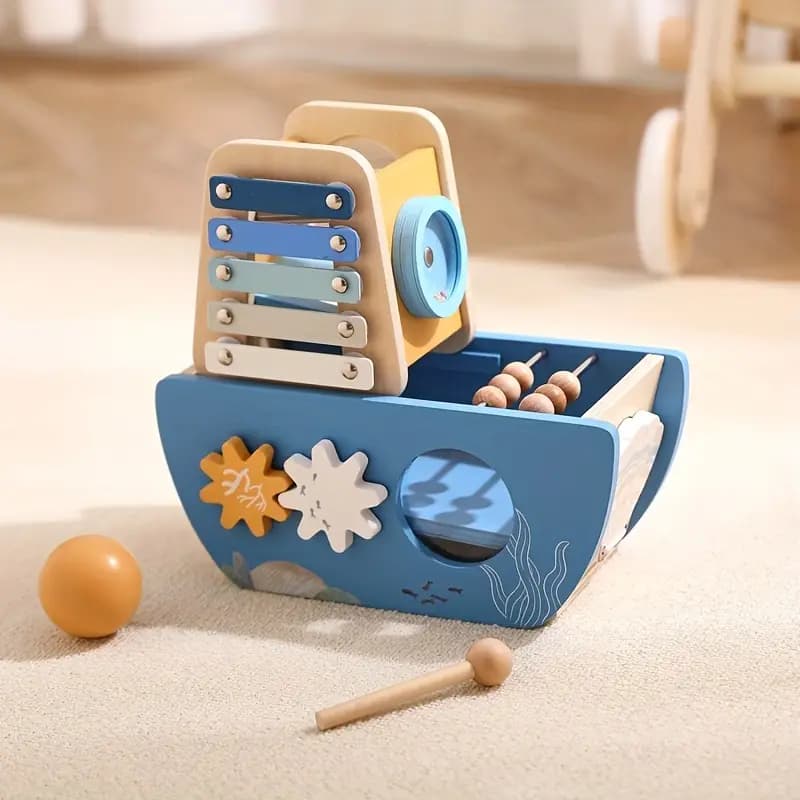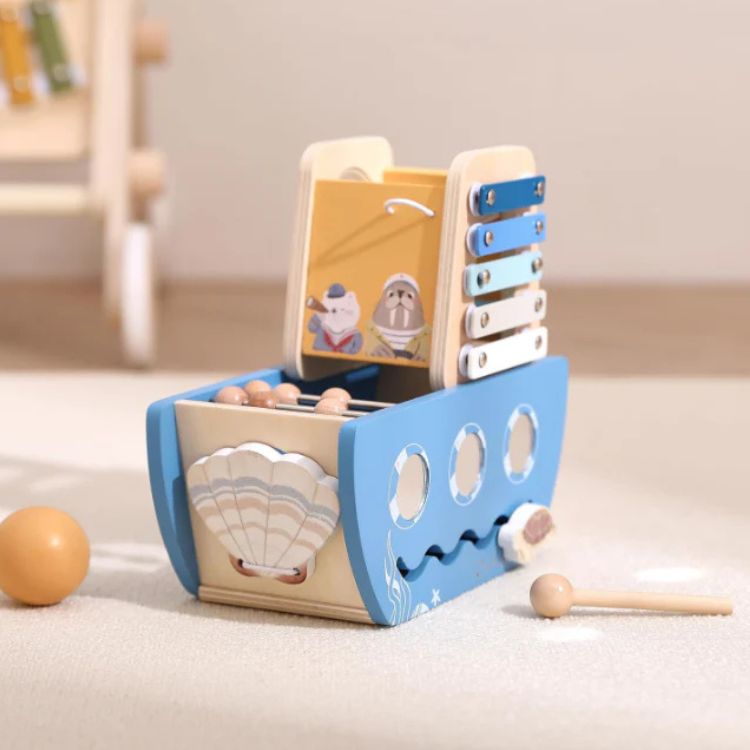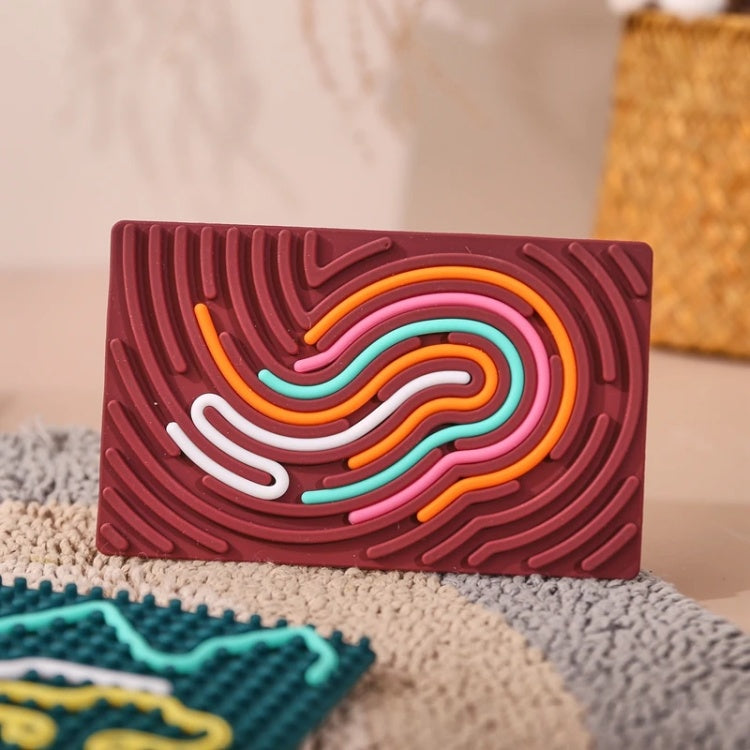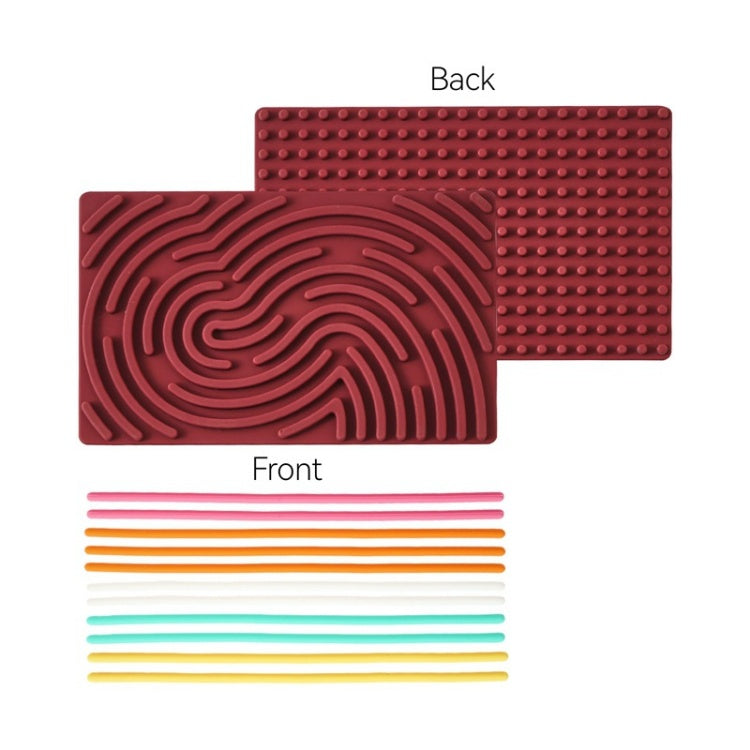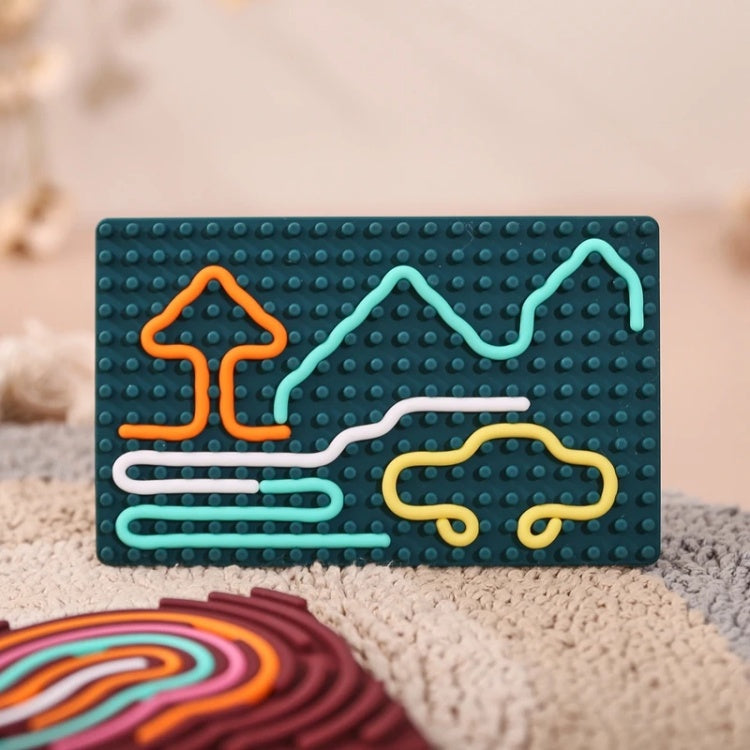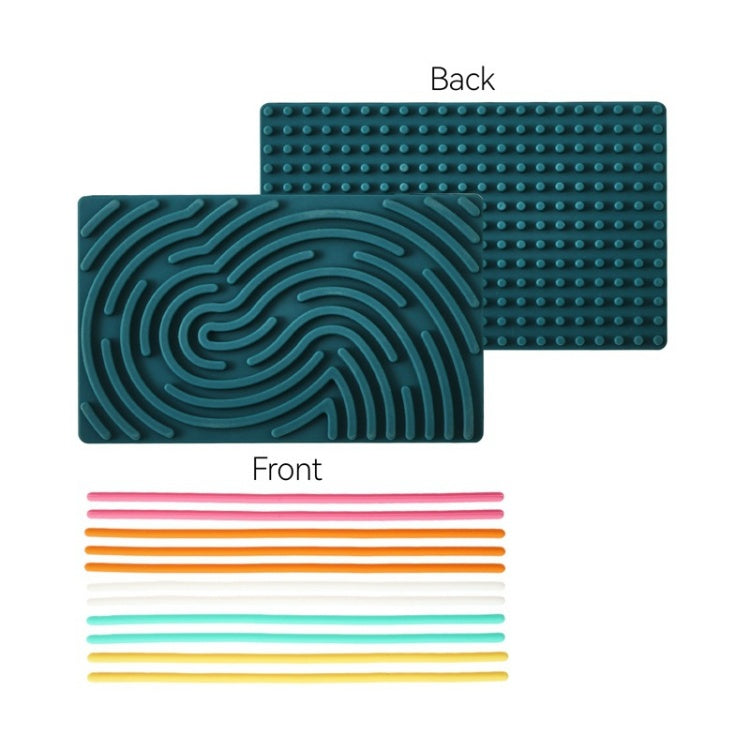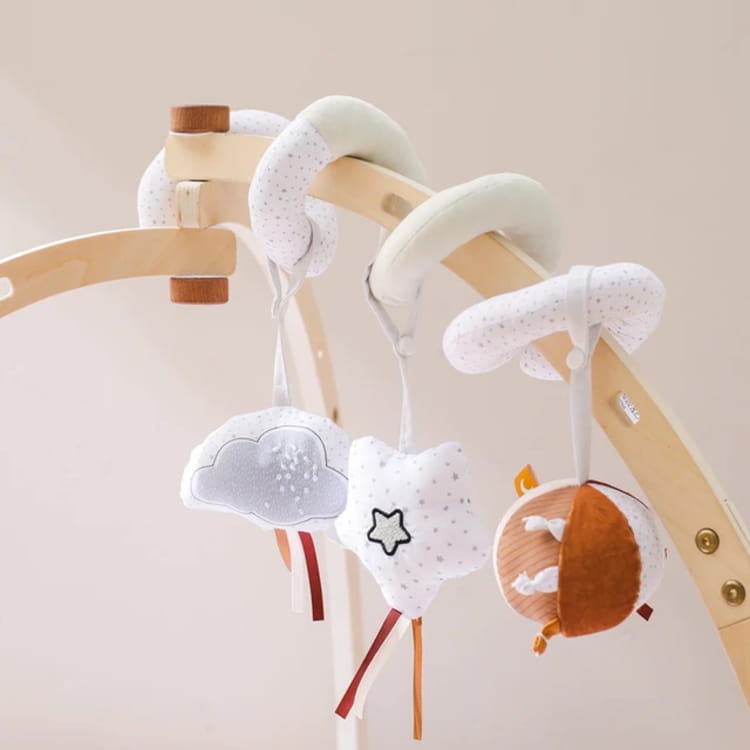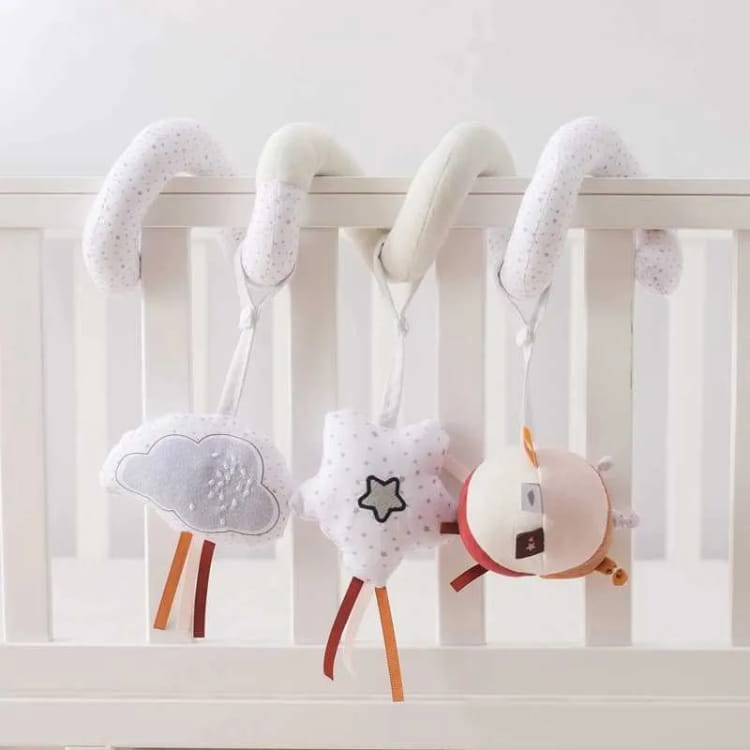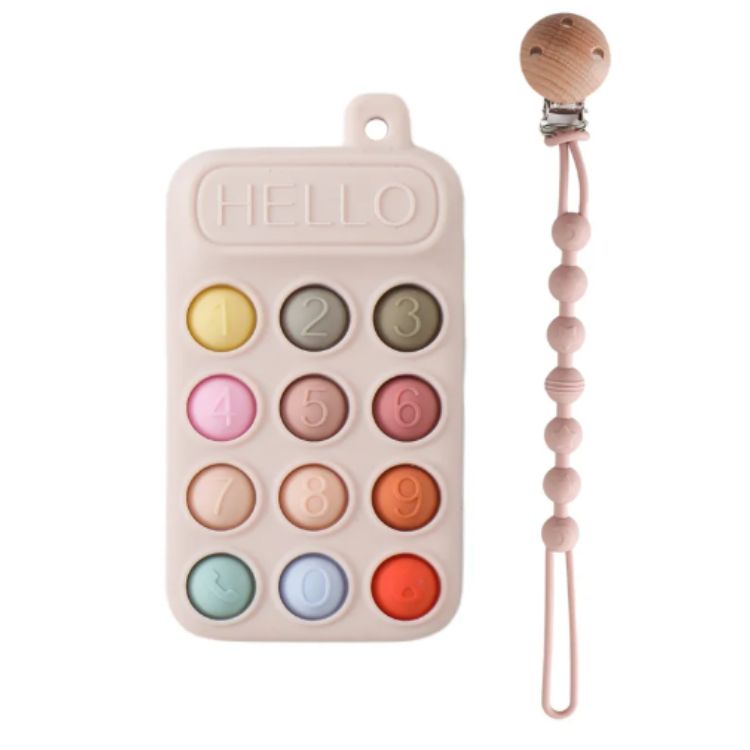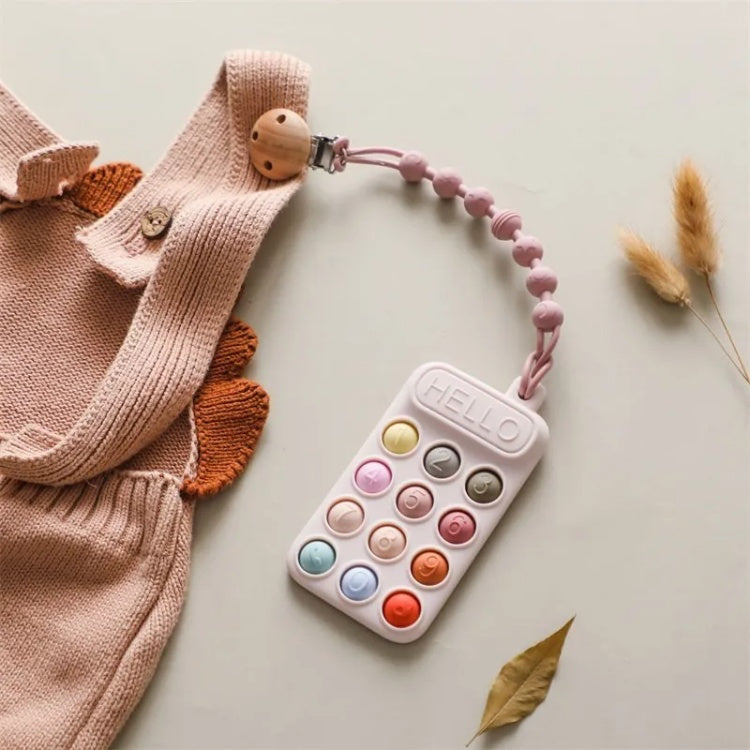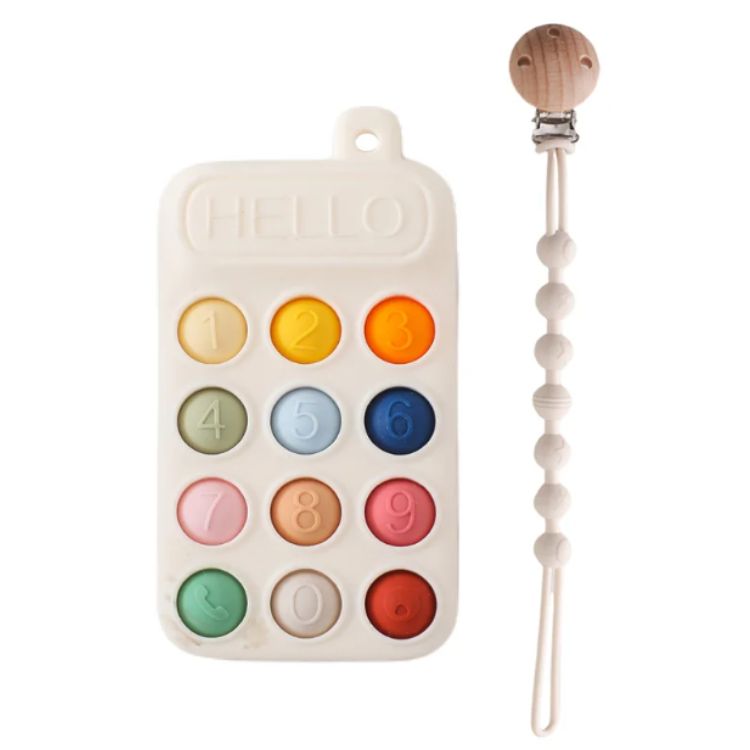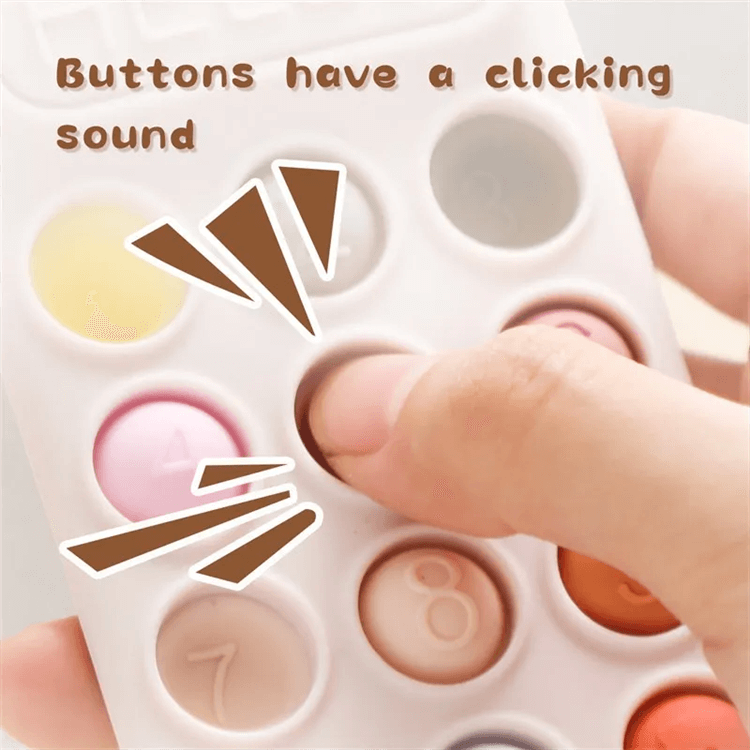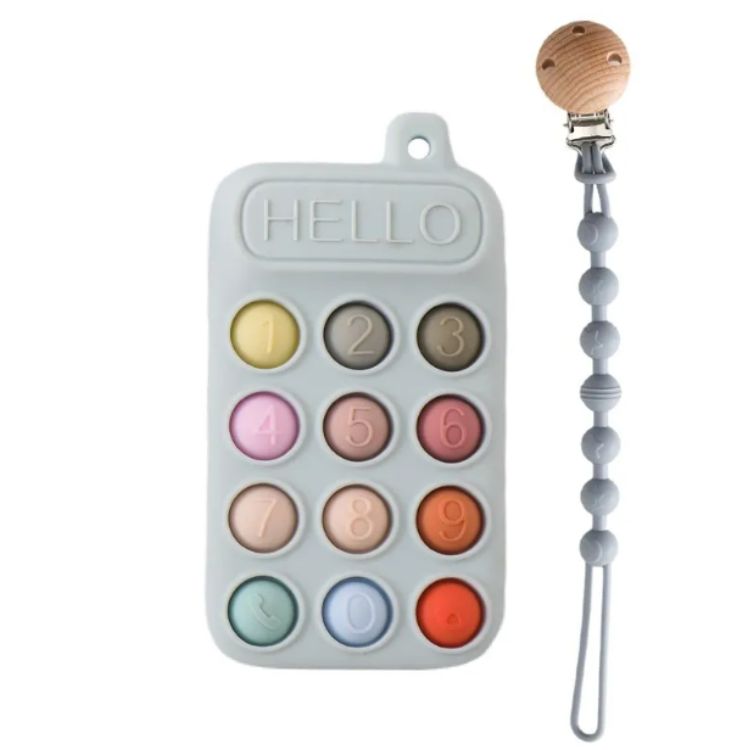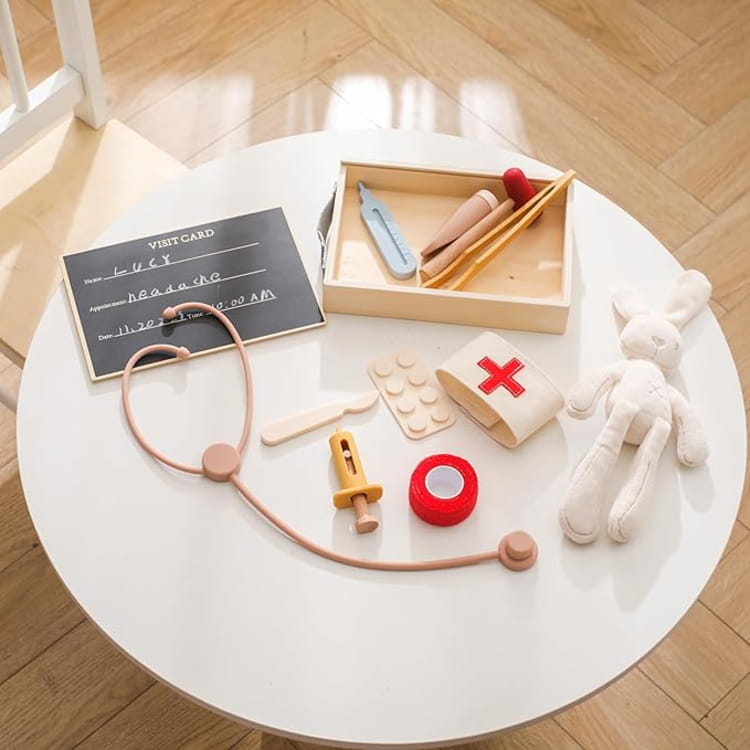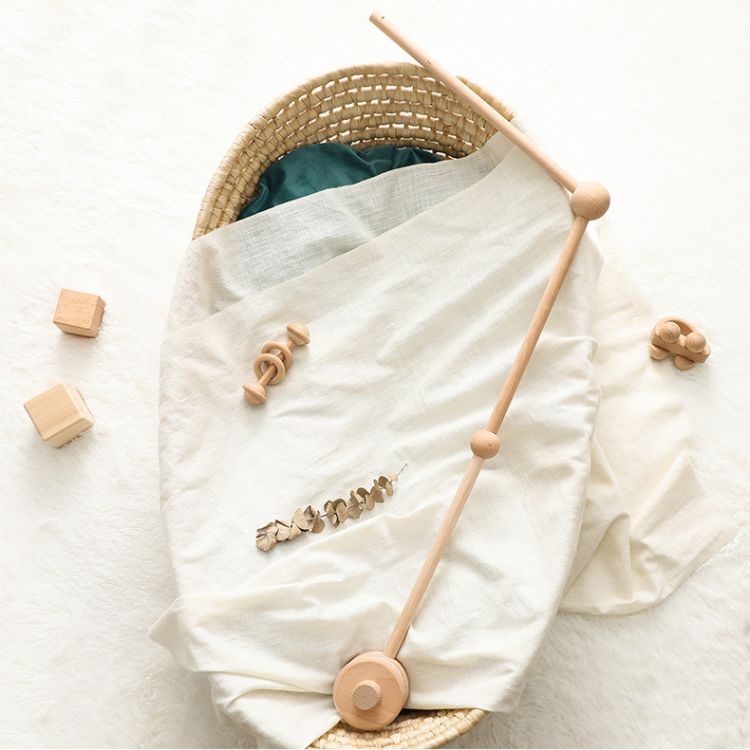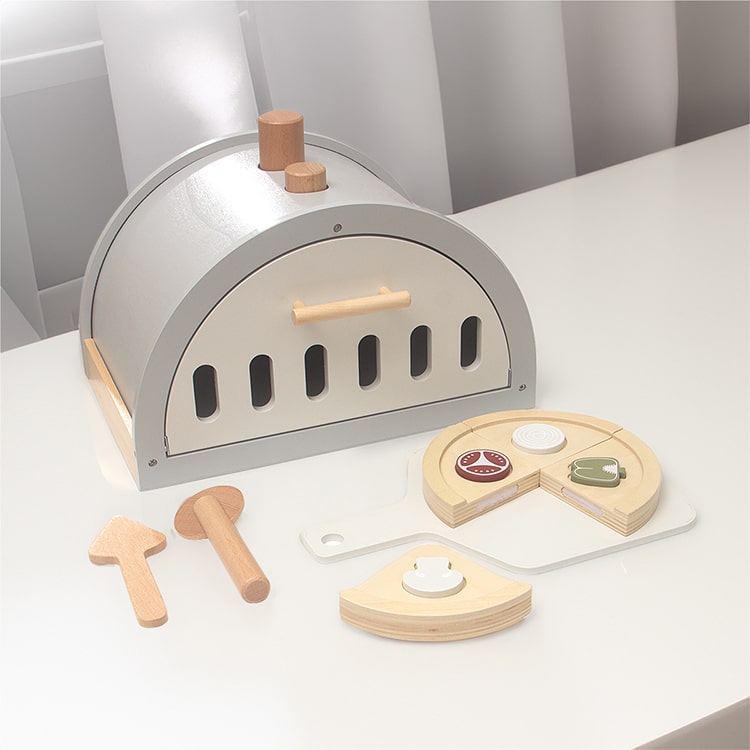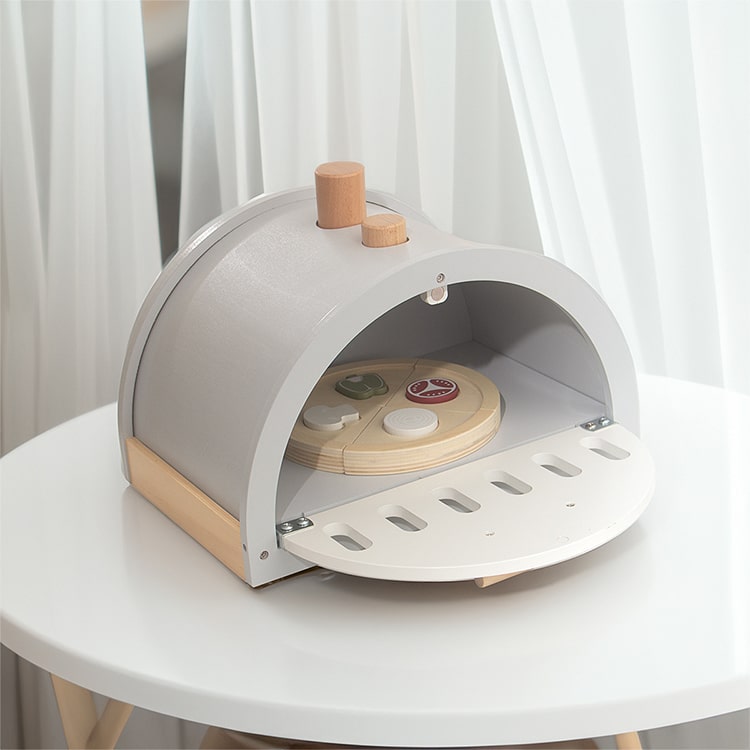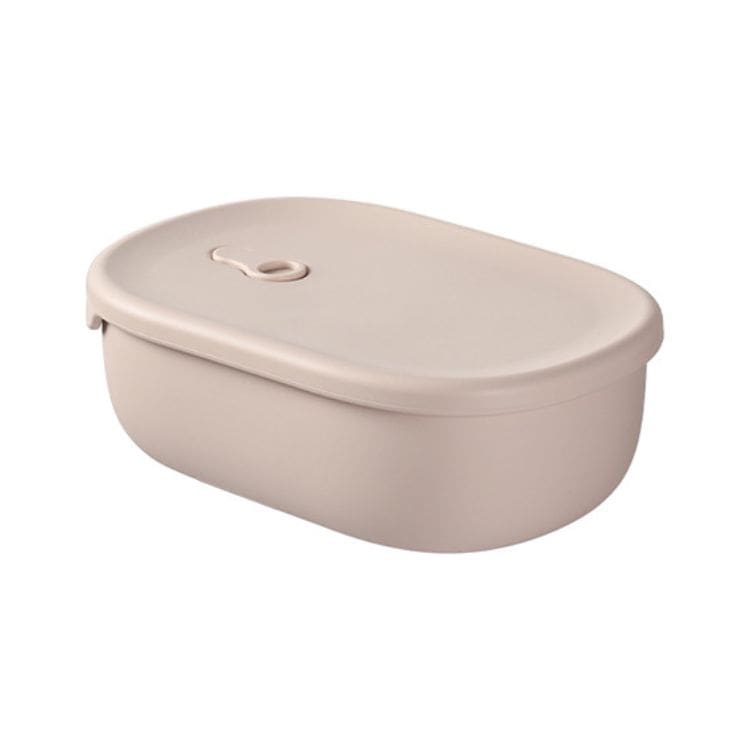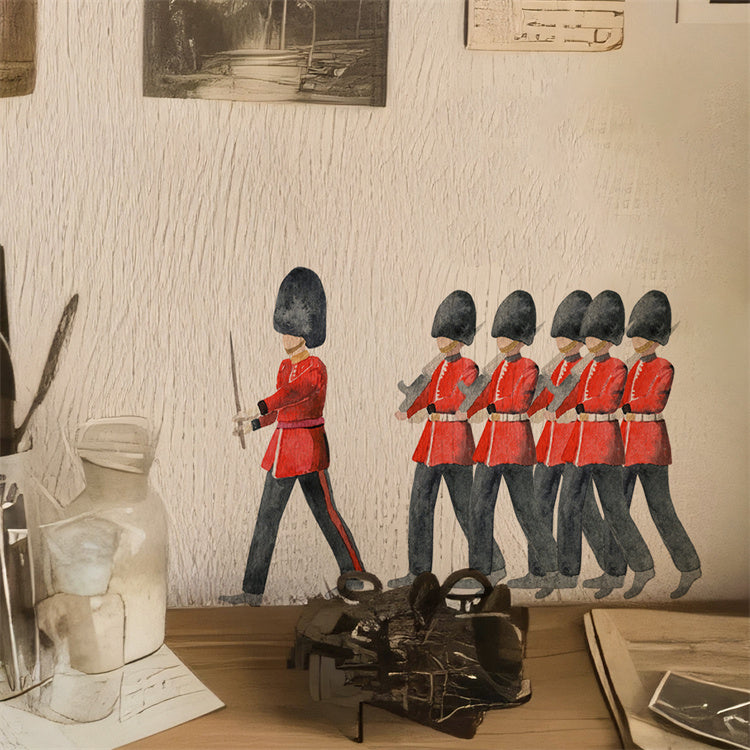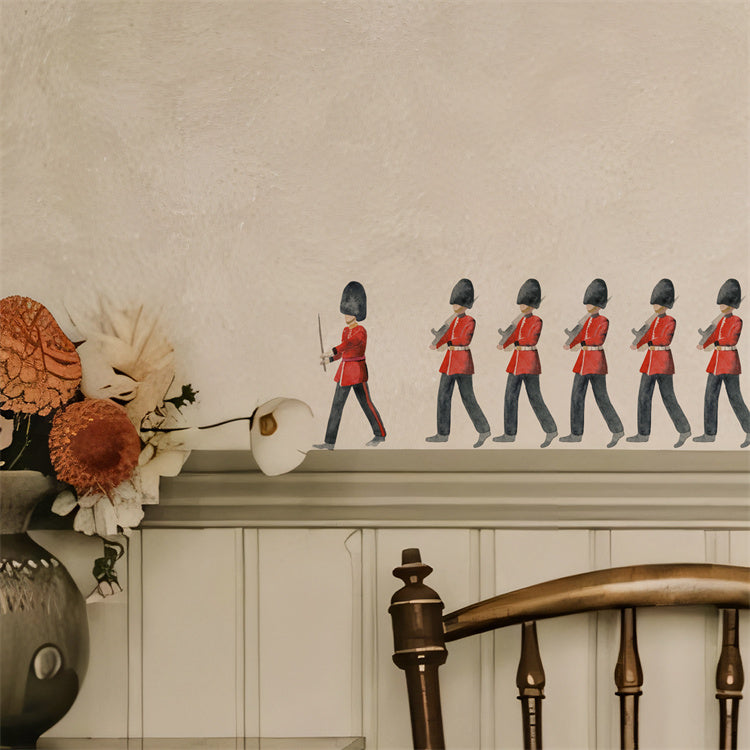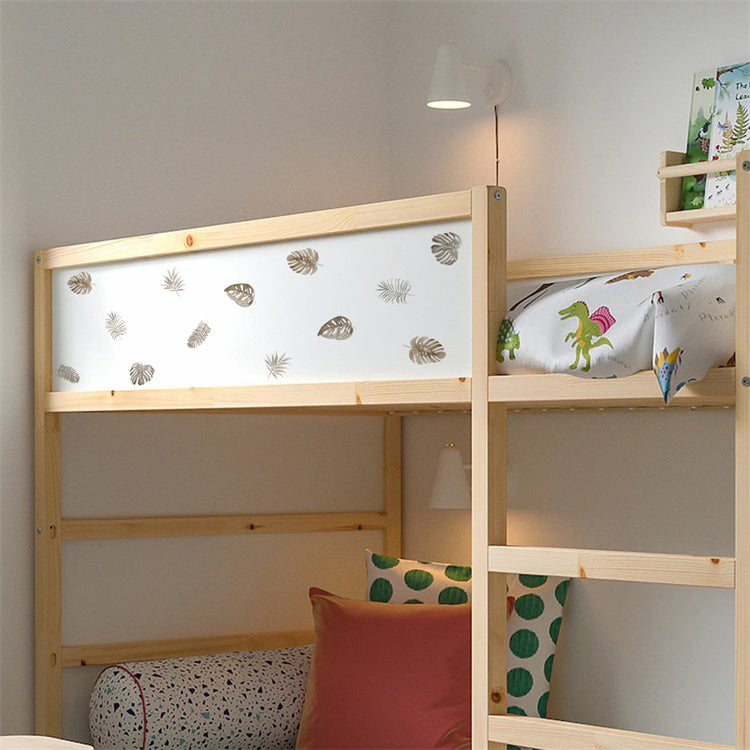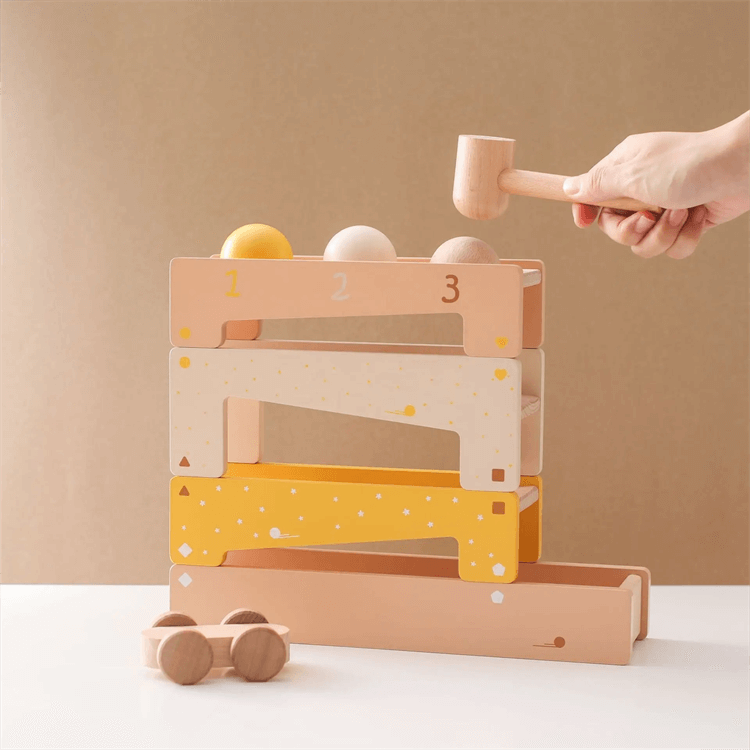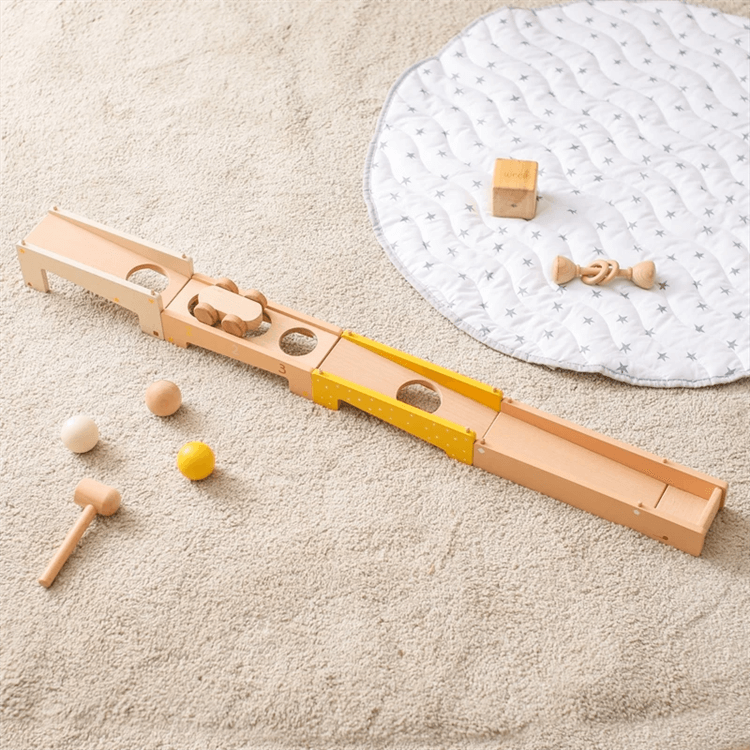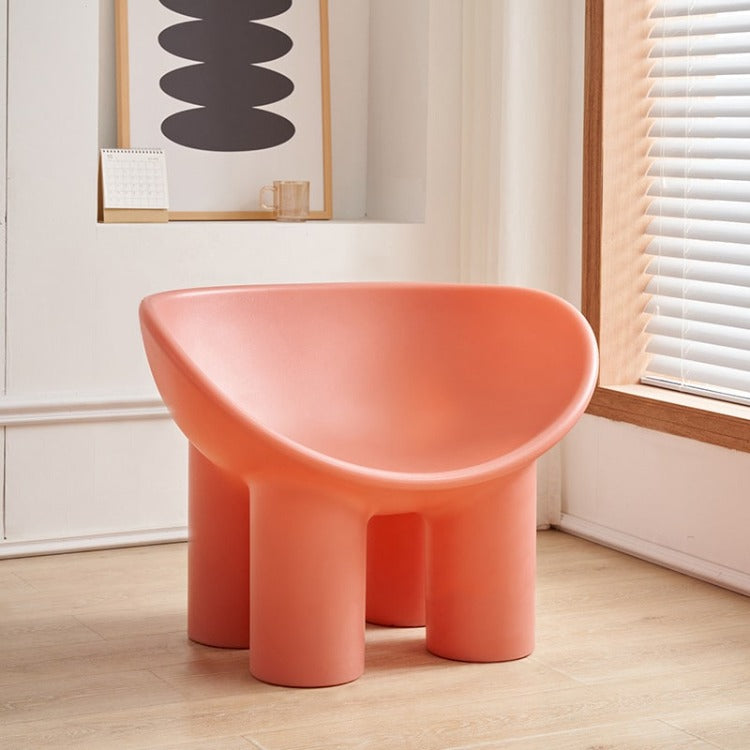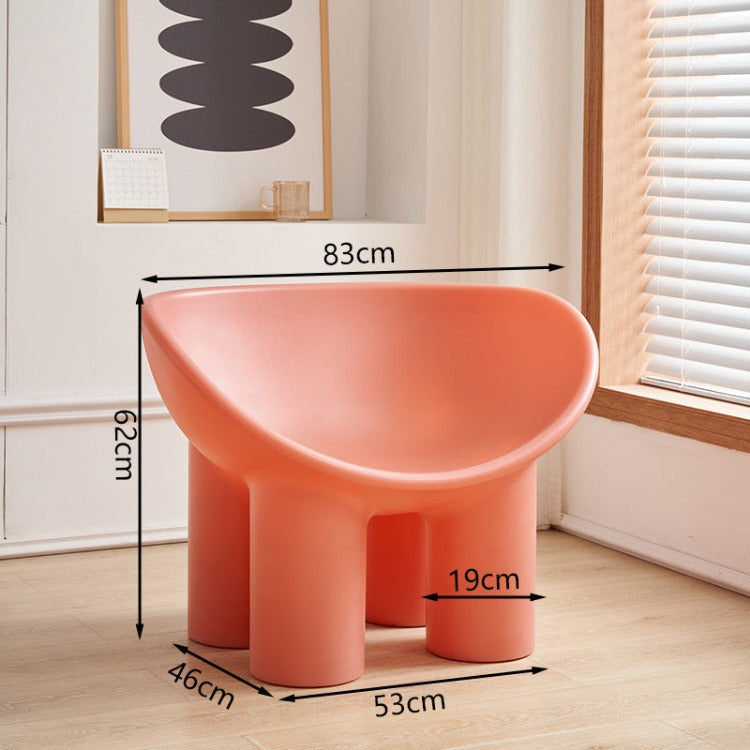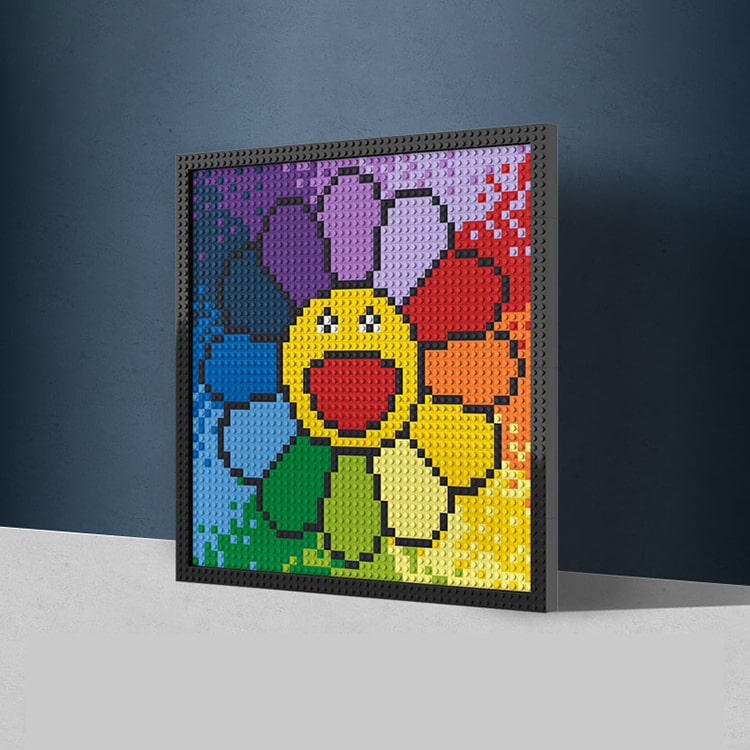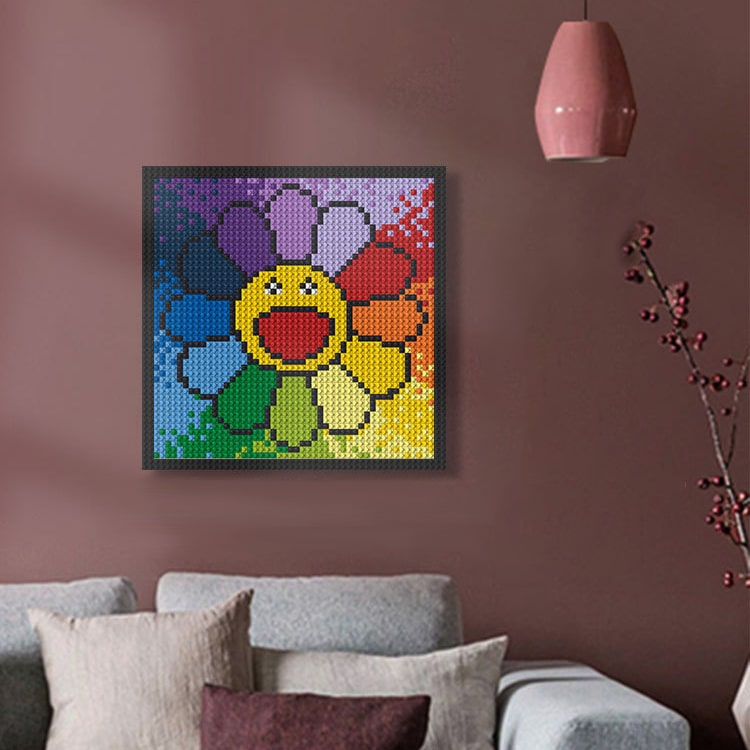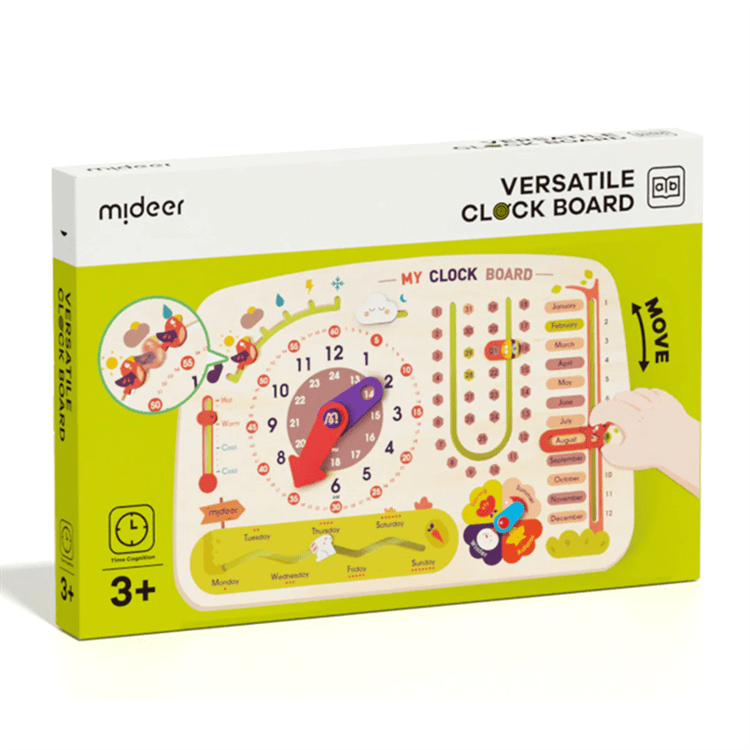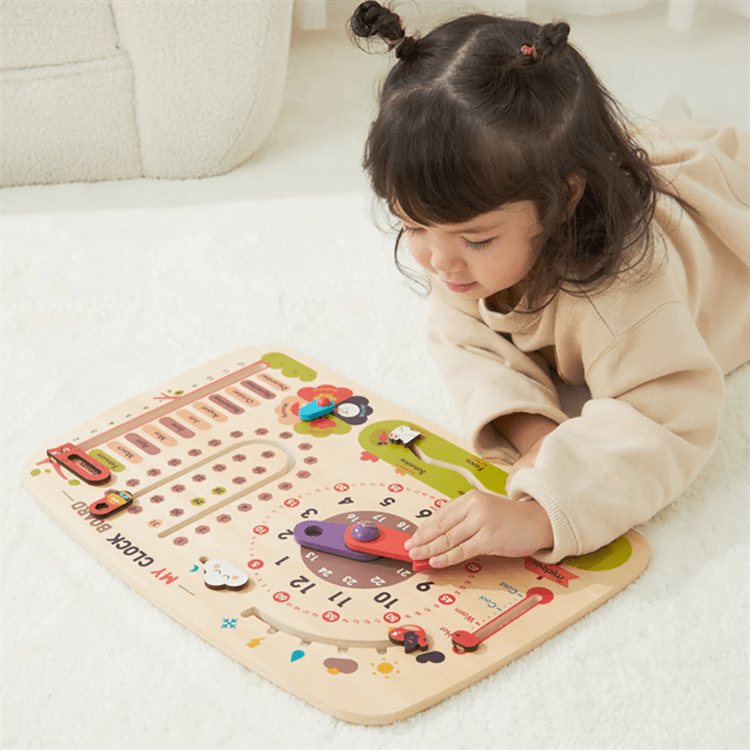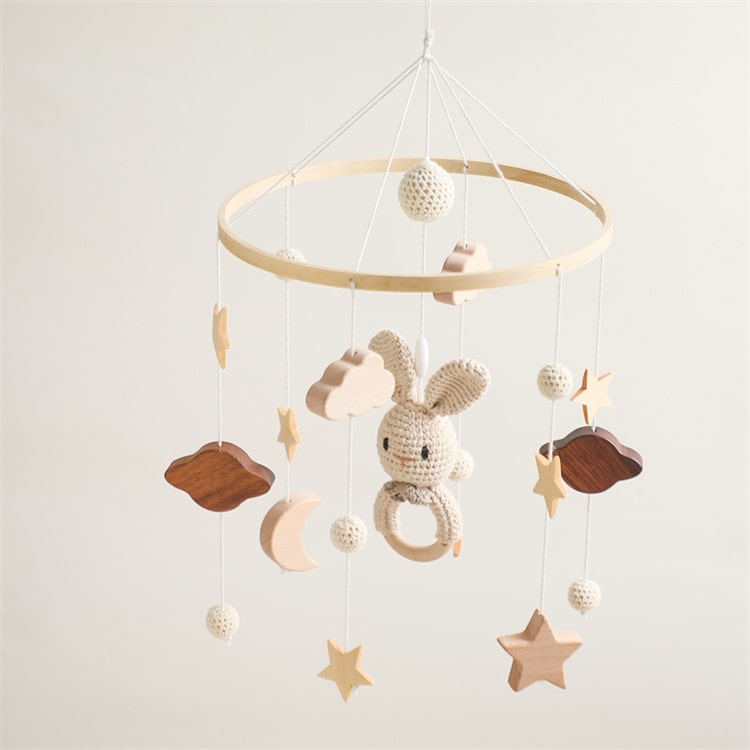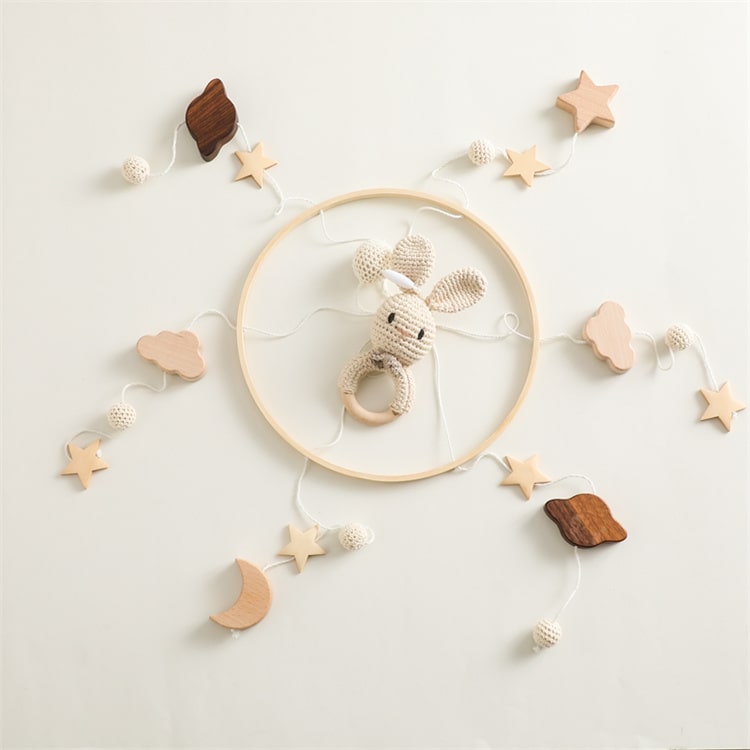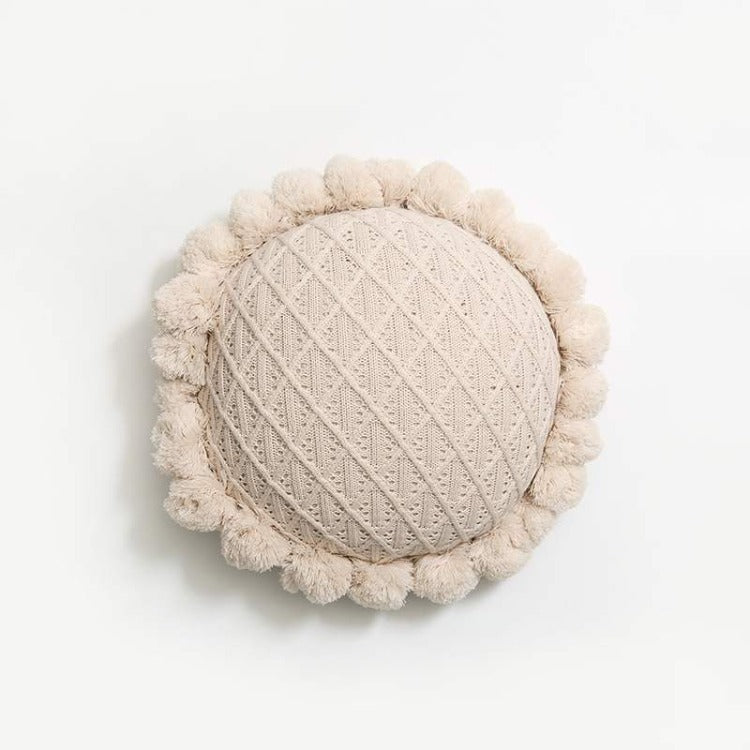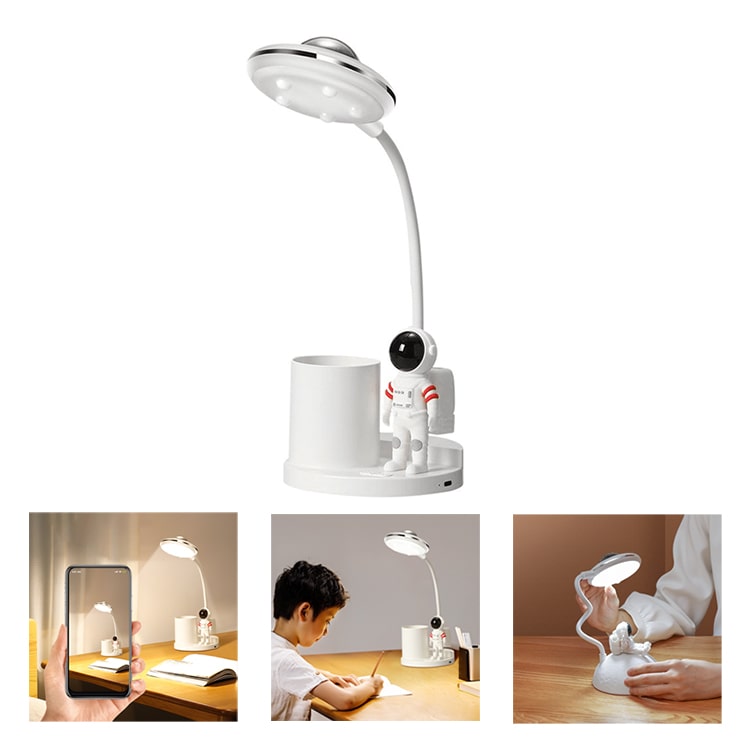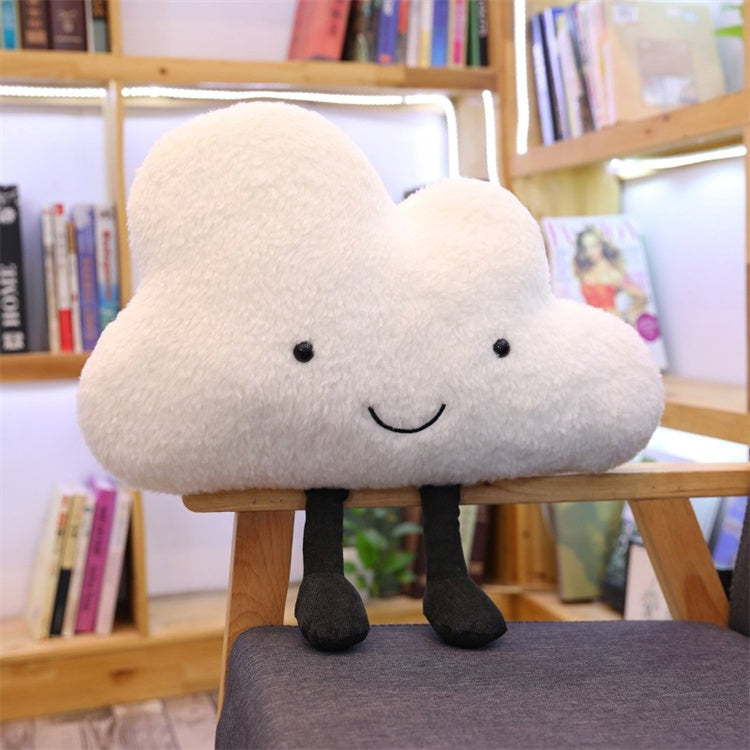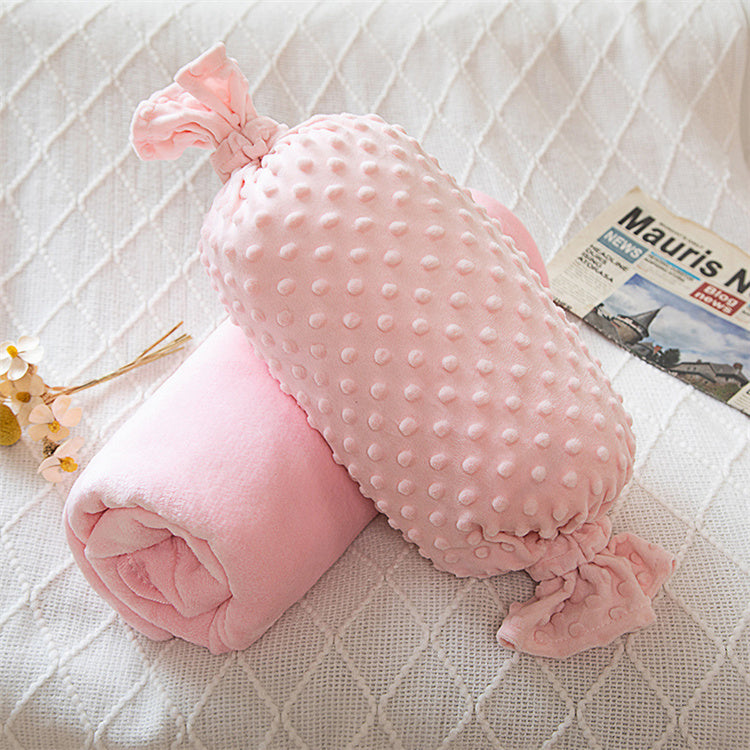
All parents dream of well-mannered children, but that doesn’t happen on its own. Teaching manners to kids can be a bit challenging, though. Not all children practice manners and it can be hard to convince them to stick to it when their peers rarely do. However, there are plenty of tips that can help you teach your children important manners that they will use for a lifetime!
1. Model Good Manners at Home
Children learn a lot from their parents through observation, that’s why you need to give a good example. Model good manners and your children will follow your lead naturally. You also need to set up rules at home and help your children create the habit of good manners at home.
2. Give Them Opportunities to Practice in Public
Once your child has integrated good manners by practicing at home and they no longer need to be prompted to say “please”, “thank you”, etc., it’s a good idea to take them out in public so they can practice what they’ve learned with strangers. They need to understand good manners are not something they should use only at home, but everywhere they go.
3. Teach Them Polite Words
if you don’t teach your children polite words, they won’t develop good manners. You can boil it down to 5 polite words and phrases to begin with, and go up from there. The most used polite words among children are “please”, “thank you”, “excuse me”, “may I”, among others.
4. Use Positive Reinforcement
Whenever your children use the polite words you’ve taught them or follow the good manner rules you’ve set for them, praise them! Children love praise and positive reinforcement will encourage them greatly. So, don’t ignore the little victories, celebrate them and cheer your children on. Also, consider rewarding them with new toys, such as a cool kaleidoscope, a fun paint kit, or anything else they may enjoy!
5. Be Patient
Children are not machines that will learn things in a blink of an eye. That’s why patience is so important on your end. Children are naturally self-centered, but it’s your job as a parent to help them respect others and be polite. Be patient, but be consistent with your teachings and you’ll see a big improvement.
6. Correct Them
Of course, correcting your children is essential because they don’t always know when they’re doing something wrong. For example, it’s not uncommon for children to interrupt you if you’re talking to someone and they want your attention. Kindly let them know it’s not okay to interrupt people and show them what polite words to use if they want to interject when others are speaking. Do this with all their infractions and remember, be patient!
These are only a few of the most helpful tips you can use to raise well-mannered and polite children. Consistency is key when you’re teaching manners to kids, so make sure you are consistent not only in your modeling but also with the rules you’ve set.
1. Model Good Manners at Home
Children learn a lot from their parents through observation, that’s why you need to give a good example. Model good manners and your children will follow your lead naturally. You also need to set up rules at home and help your children create the habit of good manners at home.
2. Give Them Opportunities to Practice in Public
Once your child has integrated good manners by practicing at home and they no longer need to be prompted to say “please”, “thank you”, etc., it’s a good idea to take them out in public so they can practice what they’ve learned with strangers. They need to understand good manners are not something they should use only at home, but everywhere they go.
3. Teach Them Polite Words
if you don’t teach your children polite words, they won’t develop good manners. You can boil it down to 5 polite words and phrases to begin with, and go up from there. The most used polite words among children are “please”, “thank you”, “excuse me”, “may I”, among others.
4. Use Positive Reinforcement
Whenever your children use the polite words you’ve taught them or follow the good manner rules you’ve set for them, praise them! Children love praise and positive reinforcement will encourage them greatly. So, don’t ignore the little victories, celebrate them and cheer your children on. Also, consider rewarding them with new toys, such as a cool kaleidoscope, a fun paint kit, or anything else they may enjoy!
5. Be Patient
Children are not machines that will learn things in a blink of an eye. That’s why patience is so important on your end. Children are naturally self-centered, but it’s your job as a parent to help them respect others and be polite. Be patient, but be consistent with your teachings and you’ll see a big improvement.
6. Correct Them
Of course, correcting your children is essential because they don’t always know when they’re doing something wrong. For example, it’s not uncommon for children to interrupt you if you’re talking to someone and they want your attention. Kindly let them know it’s not okay to interrupt people and show them what polite words to use if they want to interject when others are speaking. Do this with all their infractions and remember, be patient!
These are only a few of the most helpful tips you can use to raise well-mannered and polite children. Consistency is key when you’re teaching manners to kids, so make sure you are consistent not only in your modeling but also with the rules you’ve set.














